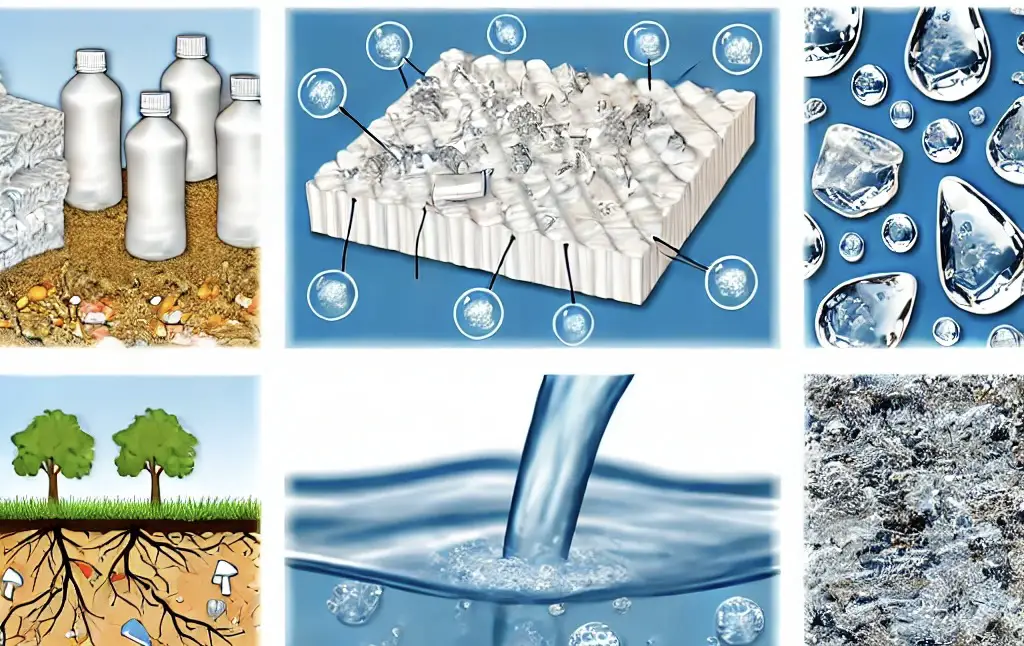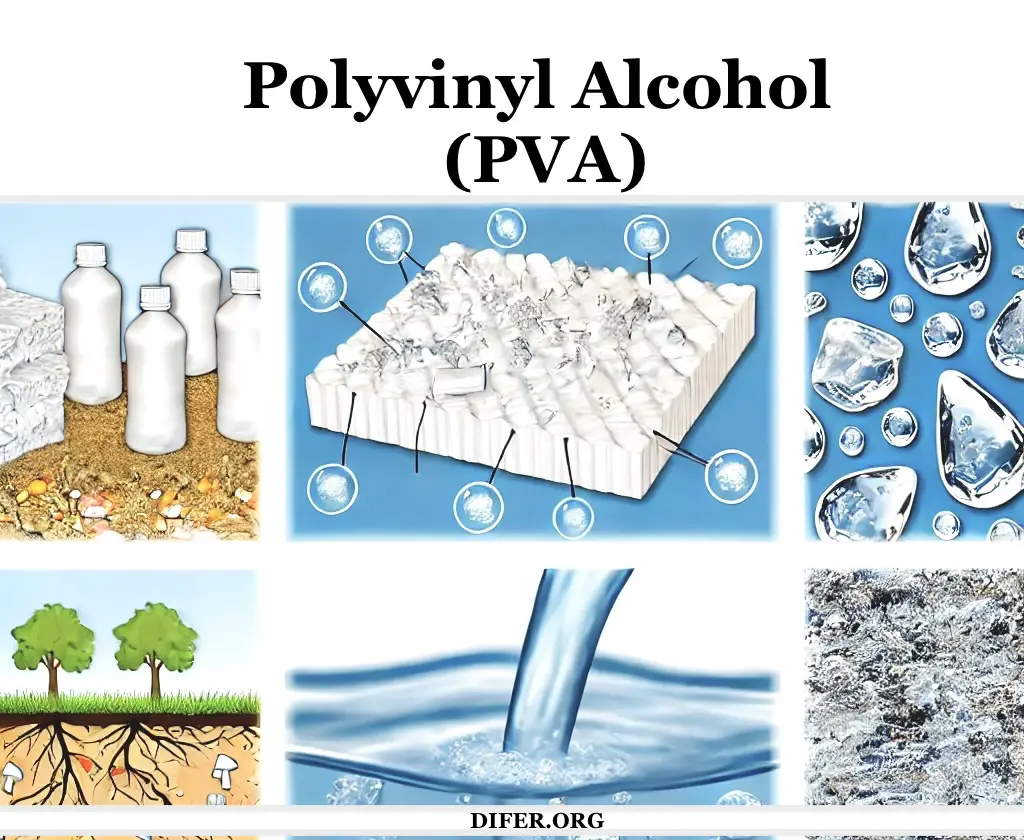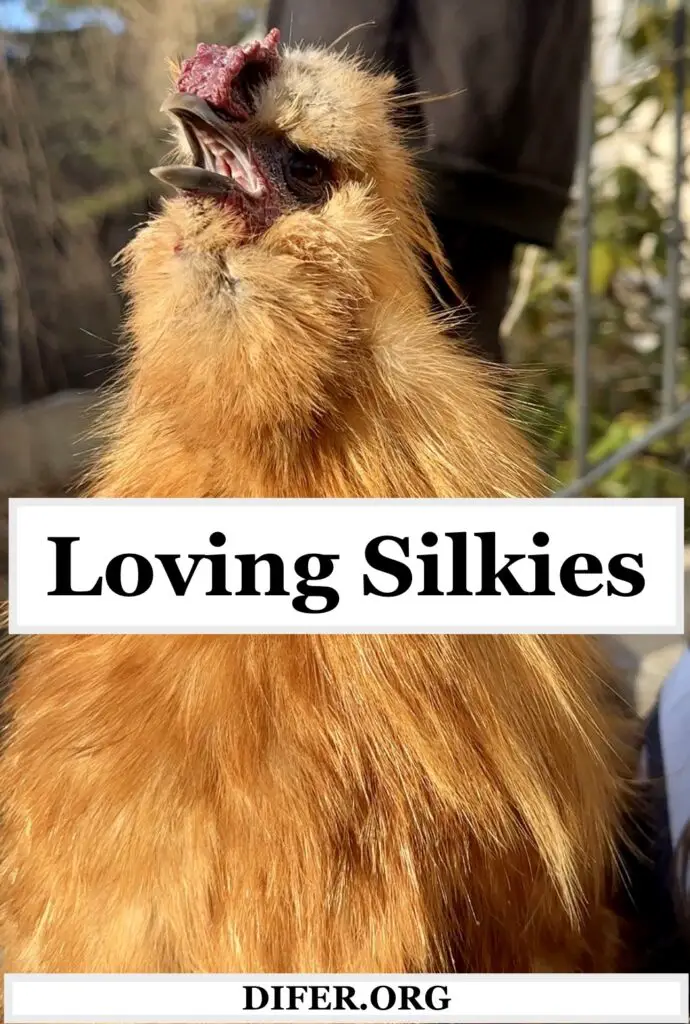What is PVA?
PVA (Polyvinyl Alcohol) is a water-soluble synthetic polymer used in various industrial and consumer products. It is made from polyvinyl acetate through a process called hydrolysis or saponification, where the acetate groups are replaced with hydroxyl groups. PVA dissolves in water and degrades to form microplastics, which impacts different environments like soil and water.
Properties of PVA
- Water Solubility: PVA dissolves in water, which makes it useful in applications where a biodegradable or easily removable film is needed.
- Biodegradability: Under specific conditions, PVA can be broken down by microorganisms, making it more environmentally friendly than many other plastics.
- Chemical Resistance: It is resistant to oils, fats, and solvents, which enhances its durability in certain applications.
- Adhesion: PVA has strong adhesive properties, making it a key component in adhesives and glues.
- Film Forming: It can form strong, flexible films that are used in various applications.
Applications of PVA
Textile Industry
- Sizing Agent: PVA is used to coat yarns in the textile industry, providing strength and reducing breakage during weaving.
- Fabric Finishes: It is used in fabric finishing processes to improve the texture and durability of textiles.
Paper Industry
- Coatings: PVA is applied as a coating on paper products to improve oil and grease resistance, as well as to enhance printability.
- Adhesives: Used in making strong, water-resistant adhesives for paper products, such as envelopes and paper bags.
Adhesives and Glue
- Wood Glue: PVA-based adhesives are commonly used in woodworking for their strong bonding properties.
- School Glue: White glue used in arts and crafts is often made from PVA.
Packaging
- Water-Soluble Films: PVA is used in packaging films that dissolve in water, such as laundry detergent pods and agricultural chemical packaging.
- Biodegradable Packaging: PVA films are used for biodegradable packaging solutions.
Medical and Pharmaceutical
- Tablet Coatings: PVA is used to coat pharmaceutical tablets, providing a controlled release of medication.
- Contact Lens Solution: It is an ingredient in some contact lens solutions for its lubricating properties.
Construction Industry
- Cement Additives: PVA is used as an additive in cement to improve adhesion, flexibility, and workability.
- Mortars and Sealants: Used in formulations to enhance the performance of mortars and sealants.
Personal Care Products
- Cosmetics: PVA is used in face masks, hair gels, and other cosmetics for its film-forming properties.
- Hygiene Products: It is used in feminine hygiene products and diapers for its absorbency and strength.
Agriculture
- Seed Coatings: PVA is used to coat seeds, improving their handling and sowing efficiency.
- Pesticide Delivery: PVA films are used to deliver pesticides in a controlled manner.
Food Industry
- Food Packaging: PVA is used in some food packaging materials for its barrier properties and biodegradability.
- Edible Films: Used in making edible films and coatings for food products.
Printing Industry
- Printing Inks: PVA is used in water-based printing inks for its excellent film-forming and adhesive properties.
- Inkjet Paper Coatings: Applied as a coating on inkjet paper to improve print quality and ink absorption.
Other Applications
- 3D Printing: PVA is used as a support material in 3D printing due to its water-solubility, allowing for easy removal of supports.
- Fishing Industry: Used in making biodegradable fishing baits and lines.

What are PVA Concerns?
Polyvinyl Alcohol (PVA) is widely used in various industries due to its solubility in water and biodegradability. However, its environmental and health impacts raise several concerns:
- Microplastic Formation:
- When PVA dissolves in water, it can degrade into smaller particles, potentially forming microplastics. These microplastics can persist in the environment, accumulating in water bodies and soil, posing risks to marine and terrestrial ecosystems (The Reading Post).
- Environmental Persistence:
- Although PVA is marketed as biodegradable, its degradation rate depends on environmental conditions such as temperature, presence of microorganisms, and pH levels. In some conditions, PVA can take a long time to fully break down, leading to prolonged environmental presence and pollution (Hosted).
- Toxicity to Aquatic Life:
- PVA particles can be ingested by aquatic organisms, leading to physical blockages, reduced feeding, and potential toxic effects from any additives present in the plastic. This can disrupt aquatic food webs and lead to broader ecological consequences (What’s Up Newp).
- Human Health Concerns:
- While PVA itself is generally considered non-toxic, the additives and residual monomers used in its production may pose health risks. Ingestion or inhalation of PVA particles or dust can lead to respiratory issues or other health problems (Senate President Karen E. Spilka).
- Waste Management Challenges:
- PVA-containing products often end up in landfills or wastewater systems, where they contribute to the overall plastic waste burden. The breakdown process in landfills can lead to leachates that may contaminate soil and groundwater .
PVA is a versatile and widely used synthetic polymer with unique properties that make it suitable for numerous applications, but careful consideration and management are required to minimize its impact on the environment.
By understanding these risks, we can better manage the use of PVA and seek alternative materials that pose fewer environmental and health hazards.
For more detailed information, you can refer to sources such as the EPA on plastics and their environmental impact and scientific studies on PVA biodegradation.
For more information on Microplastics, please read MICROPLASTICS
Please share this information
DIFER.ORG Supports the reduction of harmful waste





